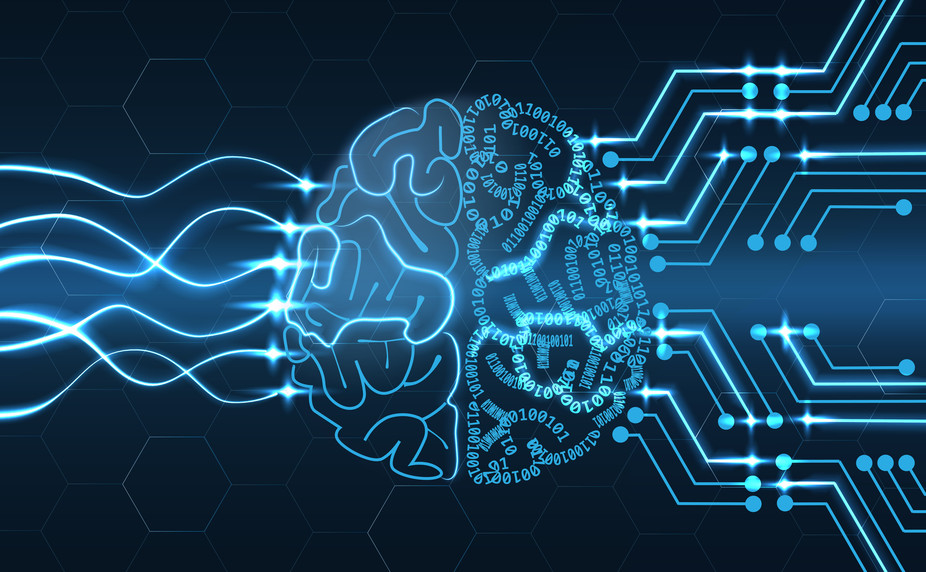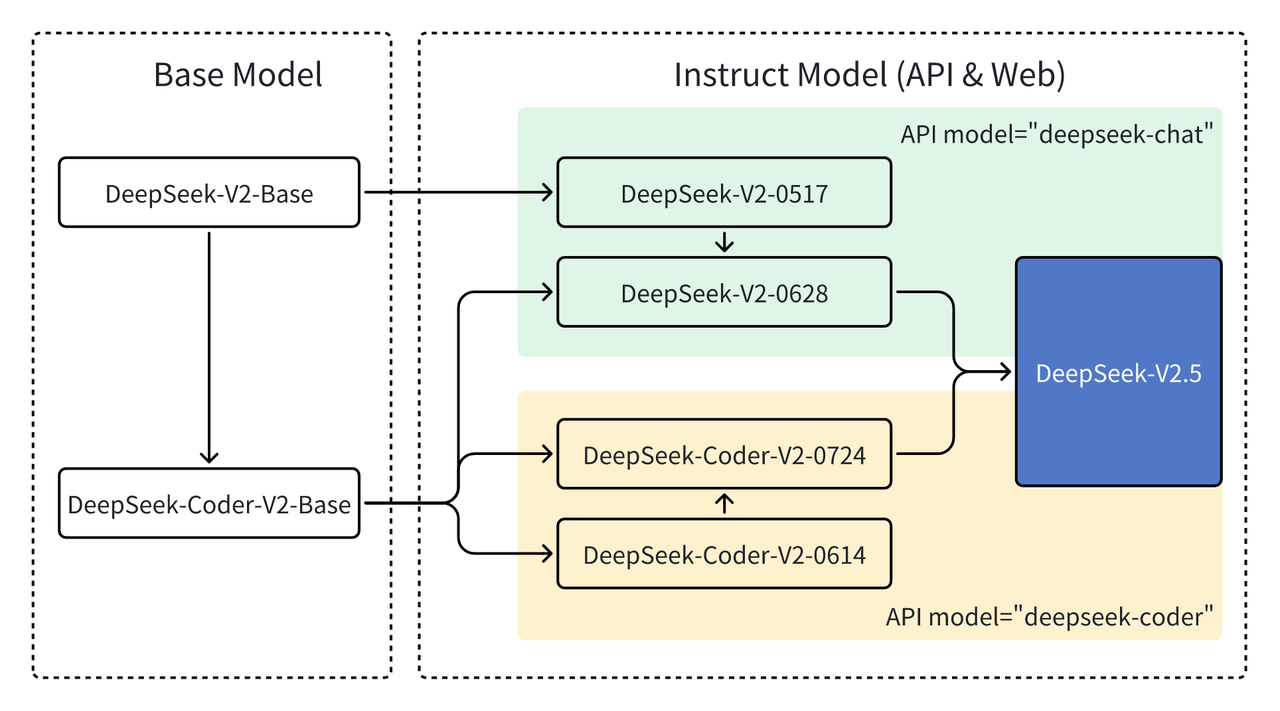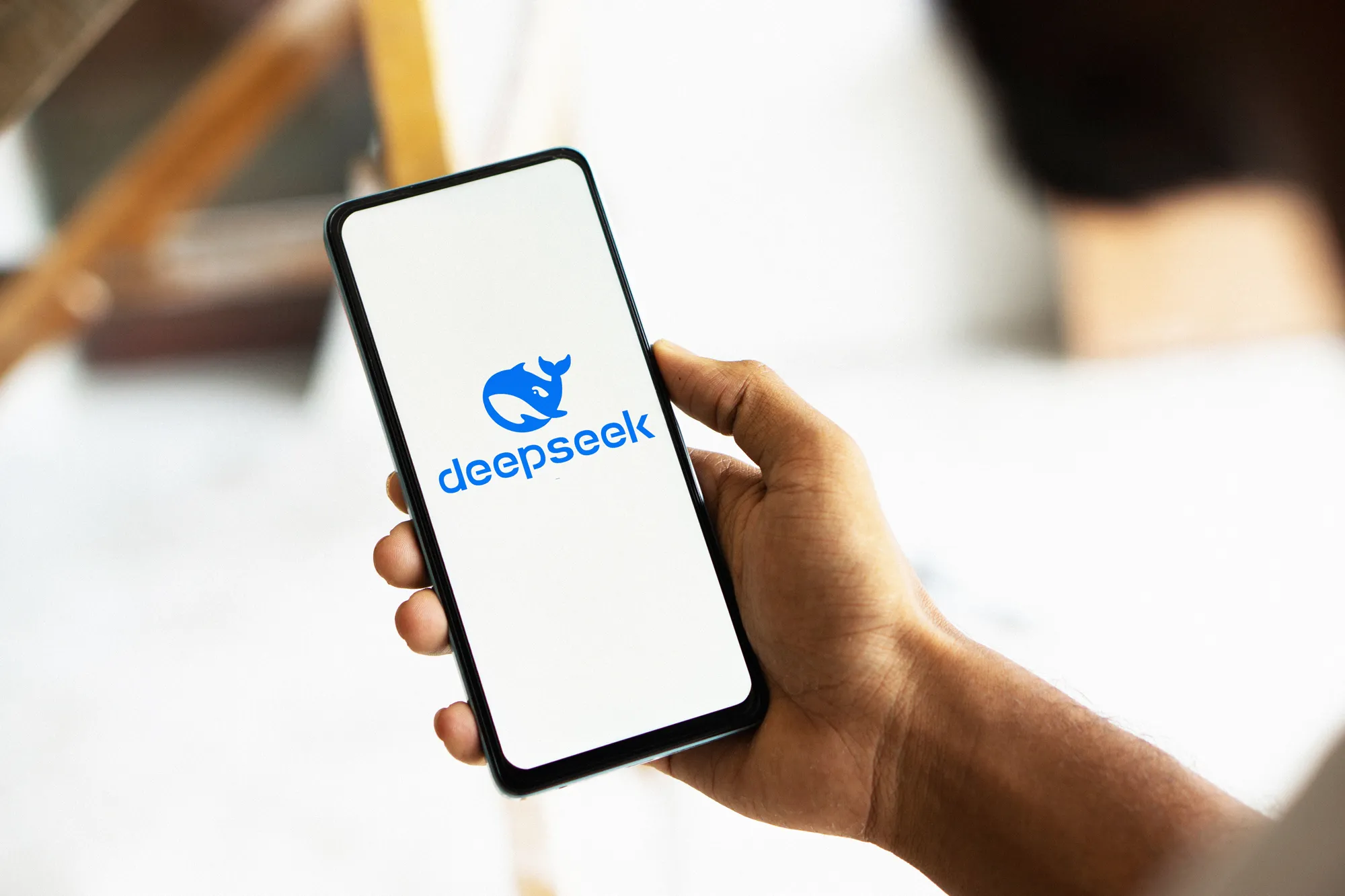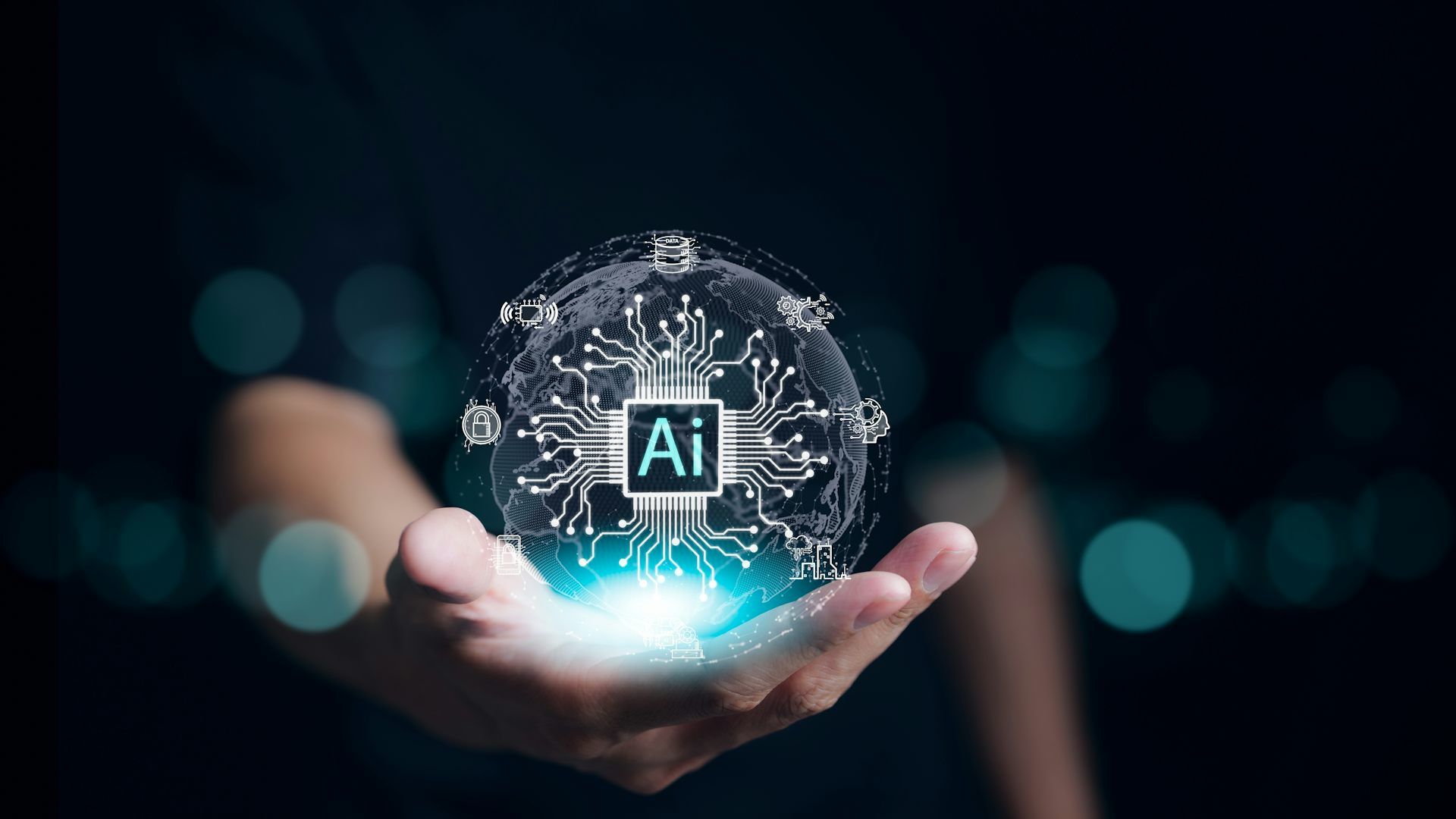
Lower-cost AI tools might improve jobs by offering more workers access to the innovation.
- Companies like DeepSeek are establishing low-priced AI that could assist some employees get more done.
- There might still be threats to employees if companies turn to bots for easy-to-automate tasks.
Cut-rate AI may be shocking market giants, but it's not likely to take your job - at least not yet.

Lower-cost approaches to establishing and training expert system tools, from upstarts like China's DeepSeek to heavyweights like OpenAI, will likely permit more people to acquire AI's productivity superpowers, market observers told Business Insider.
For numerous workers worried that robots will take their tasks, that's a welcome development. One scary possibility has been that discount AI would make it easier for companies to swap in inexpensive bots for expensive human beings.
Of course, that could still take place. Eventually, the innovation will likely muscle aside some entry-level employees or those whose functions largely consist of repetitive jobs that are simple to automate.
Even greater up the food chain, staff aren't necessarily free from AI's reach. Salesforce CEO Marc Benioff stated this month the business may not hire any software engineers in 2025 due to the fact that the company is having so much luck with AI representatives.

Yet, broadly, for lots of workers, lower-cost AI is most likely to broaden who can access it.
As it ends up being cheaper, it's much easier to incorporate AI so that it becomes "a partner instead of a hazard," Sarah Wittman, an assistant professor of management at George Mason University's Costello College of Business, told BI.
When AI's price falls, she said, "there is more of a widespread acceptance of, 'Oh, this is the way we can work.'" That's a departure from the mindset of AI being an expensive add-on that employers may have a difficult time validating.
AI for all
Cheaper AI might benefit workers in locations of a service that typically aren't seen as direct profits generators, Arturo Devesa, primary AI designer at the analytics and information business EXL, told BI.
"You were not going to get a copilot, perhaps in marketing and HR, and now you do," he stated.
Devesa stated the course revealed by business like DeepSeek in slashing the cost of establishing and executing big language models changes the calculus for companies deciding where AI might pay off.
That's because, surgiteams.com for many big companies, such determinations consider cost, accuracy, and speed. Now, with some expenses falling, the possibilities of where AI could show up in a workplace will mushroom, Devesa stated.
It echoes the axiom that's all of a sudden everywhere in Silicon Valley: "As AI gets more efficient and accessible, we will see its usage skyrocket, turning it into a product we simply can't get enough of," Microsoft CEO Satya Nadella composed on X on Monday about the so-called Jevons paradox.
Devesa said that more efficient employees will not always decrease demand for people if employers can establish new markets and brand-new sources of income.
Related stories
AI as a commodity
John Bates, wiki.lafabriquedelalogistique.fr CEO of software company SER Group, informed BI that AI is becoming a product much quicker than expected.
That implies that for tasks where desk employees might need a backup or somebody to confirm their work, low-priced AI may be able to step in.

"It's excellent as the junior knowledge worker, the important things that scales a human," he said.
Bates, a former computer technology teacher at Cambridge University, wiki.whenparked.com stated that even if a company currently prepared to utilize AI, the lowered expenses would improve return on financial investment.
He also stated that lower-priced AI might give little and medium-sized organizations easier access to the innovation.
"It's simply going to open things up to more folks," Bates stated.
Employers still require people
Even with lower-cost AI, disgaeawiki.info humans will still belong, said Yakov Filippenko, CEO and creator of Intch, which helps specialists find part-time work.

He said that as tech companies compete on price and users.atw.hu drive down the expense of AI, forum.kepri.bawaslu.go.id lots of companies still will not be eager to get rid of workers from every loop.
For example, Filippenko stated companies will continue to need developers due to the fact that someone needs to verify that new code does what an employer wants. He said business hire employers not just to finish manual labor; bosses also want a recruiter's viewpoint on a candidate.
"They pay for trust," Filippenko stated, referring to companies.
Mike Conover, CEO and creator of Brightwave, a research study platform that utilizes AI, told BI that an excellent portion of what individuals perform in desk tasks, in specific, consists of tasks that might be automated.
He stated AI that's more commonly readily available due to the fact that of falling costs will permit humans' innovative capabilities to be "maximized by orders of magnitude in regards to the sophistication of the problems we can solve."
Conover believes that as costs fall, AI intelligence will likewise infect far more areas. He stated it belongs to how, years earlier, the only motor in a vehicle may have been under the hood. Later, as electric motors diminished, they showed up in locations like rear-view mirrors.

"And now it remains in your tooth brush," Conover stated.
Similarly, Conover stated omnipresent AI will let specialists produce systems that they can tailor to the needs of tasks and workflows. That will let AI bots manage much of the dirty work and permit employees ready to explore AI to take on more impactful work and possibly move what they're able to concentrate on.








